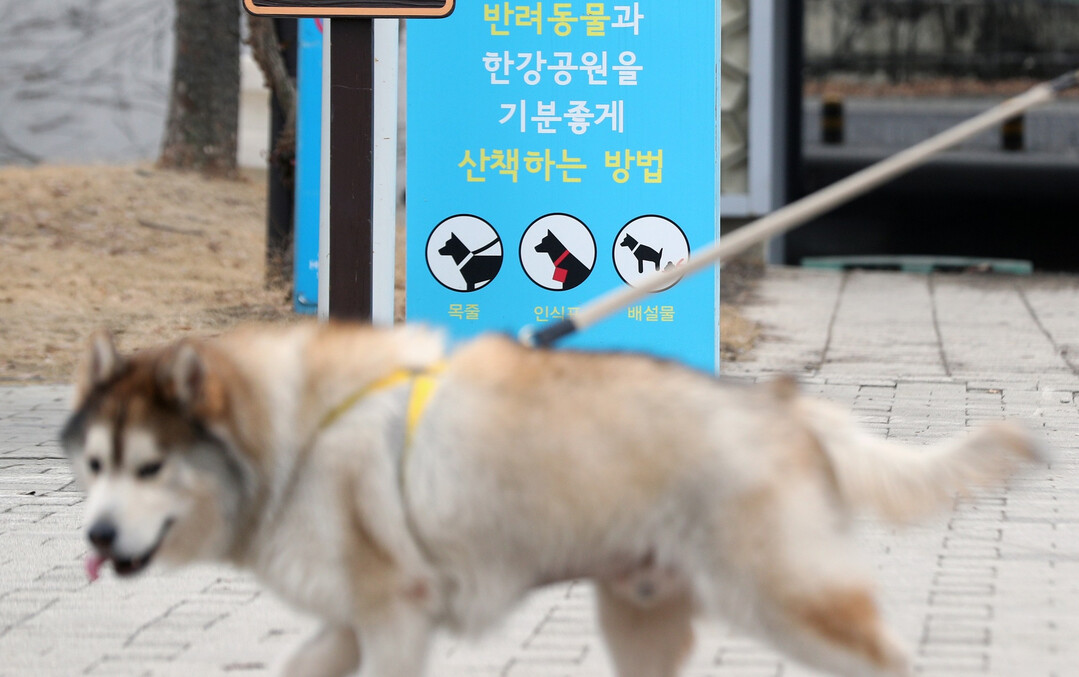
GWANGJU, South Korea – A local court has ruled in favor of a plaintiff whose companion dog was severely injured in an unprovoked attack by a neighbor's dog, ordering the perpetrator to pay the full cost of veterinary treatment and ₩2 million (approximately $1,450 USD) in consolation money. This landmark decision, handed down by the Yeosu City Court of the Gwangju District Court Suncheon Branch, underscores a growing recognition of companion animals as more than mere property in South Korean legal proceedings.
The case, which came to light through the Korea Legal Aid Corporation (KLAC), involved Ms. A, a 기초생활수급자 (basic livelihood security recipient) who had endured immense personal tragedy. After the loss of her husband and, subsequently, her child, Ms. A suffered from severe depression. Her only remaining family and source of comfort was her beloved companion dog, a gift from her late child. The bond between Ms. A and her dog was described as profound, providing her with a renewed sense of purpose and helping her navigate profound grief.
The incident occurred when her neighbor, Mr. B, allegedly intoxicated, unleashed his dog, which then violently attacked Ms. A's dog. The attack resulted in severe injuries to Ms. A's dog's back, necessitating costly 봉합수술 (suture surgery) totaling ₩800,000 (approximately $580 USD). Despite her financial difficulties, Ms. A prioritized her dog's recovery, seeking immediate veterinary care.
Distraught by the attack and the suffering inflicted upon her sole remaining family member, Ms. A sought assistance from the KLAC to pursue a 손해배상청구 소송 (damage compensation lawsuit) against Mr. B. The lawsuit sought not only the reimbursement of veterinary expenses but also compensation for her own medical costs and the significant emotional distress she endured due to the incident.
The KLAC, representing Ms. A, argued forcefully that a companion animal transcends the traditional legal classification of property. They emphasized the deep emotional and psychological connection between Ms. A and her dog, contending that limiting the scope of damages based solely on the dog's market value would be an inadequate and unjust assessment of the actual harm suffered. This argument highlighted the evolving societal perspective on pets, moving beyond a purely transactional view to acknowledge their role as integral family members. Legal precedents in South Korea, while historically viewing pets as property, have shown a slow but steady shift, with courts increasingly considering emotional distress in cases of pet-related harm.
The court ultimately accepted the KLAC's arguments. Its ruling recognized the full extent of the damages claimed, including the entirety of the veterinary treatment costs for Ms. A's dog, Ms. A's own treatment expenses, and significantly, the full ₩2 million in 위자료 (consolation money) for emotional distress. This judgment is seen as a significant step forward in animal welfare and companion animal rights in South Korea, particularly for its explicit acknowledgment of the emotional value of pets and the profound impact their injury or loss can have on their human companions.
Legal experts suggest that this ruling could set a precedent for future cases involving companion animal injuries, potentially encouraging more pet owners to seek legal recourse and prompting a re-evaluation of how damages are assessed in such situations. It also serves as a stark reminder to pet owners of their responsibility to ensure the safety of their animals and prevent them from causing harm to others.
[Copyright (c) Global Economic Times. All Rights Reserved.]




























